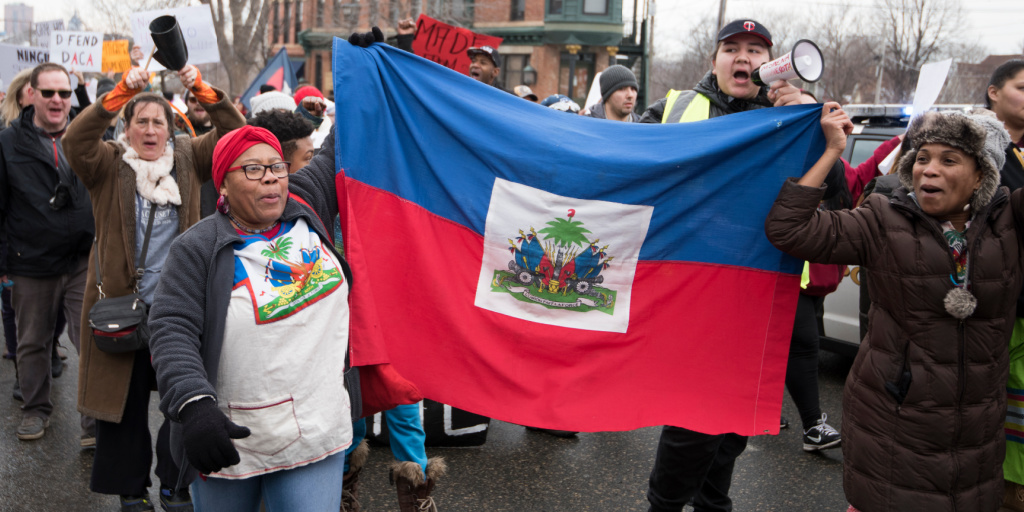U.S. Citizenship and Immigration Services (USCIS) announced the extension of Temporary Protected Status (TPS) for citizens of El Salvador, Nicaragua, Honduras, Nepal, Haiti, and Sudan in November. The extension lasts until June 30, 2024 and is the result of litigation filed after the Trump administration attempted to end TPS for those countries.
To provide even greater protections, USCIS also redesignated Haiti this week and Sudan in April 2022. Redesignation, rather than extension, allows for new TPS applications, whereas USCIS’s recent extension only applied to existing TPS holders.
But the extension provides a welcome reprieve for hundreds of thousands of TPS holders whose status was set to expire on December 31, 2022. Though the government extended TPS for countries subject to two ongoing lawsuits, those protections could end depending on the outcome of the pending litigation.
TPS is a form of humanitarian protection granted to people from designated countries who are living in the United States. To be designated for TPS, a country must be undergoing armed conflict, a natural disaster, or similar extraordinary and temporary conditions that make it difficult or unsafe to return. TPS provides work authorization and protection from deportation during the designated period, but its temporary nature often leaves TPS holders in limbo.
Though TPS is usually only authorized for a period of up to 18 months at a time, the government can and often does extend the designation. For example, the TPS designation for El Salvador has been extended since its initial issuance in 2001 until the Trump administration attempted to terminate it in 2018, along with the designations for Nicaragua, Honduras, Nepal, Haiti, and Sudan.
That decision was blocked by a federal court in the Ramos v. Mayorkas case. TPS terminations for Honduras and Nepal were challenged in a separate lawsuit, Bhattarai v. Mayorkas, which was later linked to the Ramos case.
The government appealed the Ramos injunction and the Ninth Circuit sided with the Trump administration in September 2020. The Ninth Circuit ruled that the decision to designate, extend, or terminate TPS is not subject to judicial review. The court also failed to see a sufficient connection between evidence of racism or hostility by the Trump administration and the decision to terminate the TPS designations. The judges reached this decision despite then-President Trump’s reference to “shithole countries” and other evidence presented by plaintiffs.
But the terminations did not go into effect after the Ninth Circuit ruling. The ACLU, which is litigating the Ramos case, requested rehearing before the full court. The rehearing decision was put on hold while the parties engaged in settlement talks for over a year, but negotiations stalled in late October.
The fate of over 250,000 TPS holders hangs in the balance now. If the Ninth Circuit denies the request for rehearing, the Trump-era terminations will go into effect unless the case reaches the Supreme Court.
TPS holders and advocates have long fought for a path to citizenship to avoid the constant uncertainty of whether the government will renew protections or open TPS holders up to deportation. Congress has so far been unable to find a solution. The Dream and Promise Act of 2021 would have given TPS holders a path to citizenship, but it stalled after passing in the House.
The Biden administration could redesignate TPS for El Salvador, Nepal, Nicaragua, and Honduras, as it did this week for Haiti and in April for Sudan. Redesignation would not offer permanent status for TPS holders, but those who apply under a new designation would be protected if the Ninth Circuit rules against the TPS holders.
Over 80% of TPS holders have been living in the United States for more than 20 years, raising U.S. citizen children, making important contributions to the work force, and forming strong ties to their communities. The Biden administration and Congress must work to offer a permanent fix for TPS holders who have made the U.S. their home for decades.
FILED UNDER: USCIS


